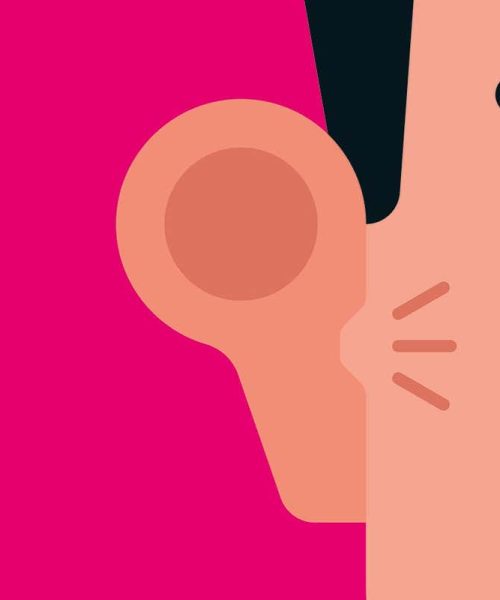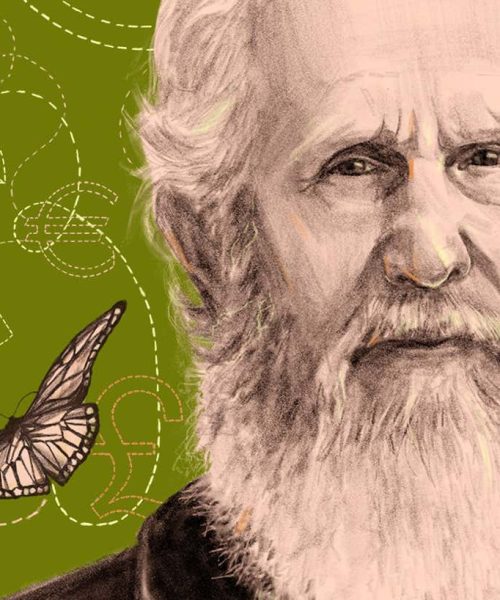
Pete Reynolds
IT WAS with mixed feelings that Hal Hershfield sat down for a video chat with a serial killer. But Hershfield, a behavioural economist at the University of California, Los Angeles, believed Pedro Rodrigues Filho might teach him something about how we can all make better decisions.
Rodrigues spent a total of 41 years in prison for murdering 71 people, and other crimes. In their conversation, he described to Hershfield how, one day, he dramatically changed his mindset. While in solitary confinement after killing a fellow prisoner who attacked him, he said, he spoke to God and vowed to change.
Following his second release from prison, in 2018, Rodrigues claimed to have stopped killing, started exercising and began educating others about the dangers of crime on YouTube. “I consider myself to be a new person now,” he told Hershfield.
This dramatic change was “a walking example of how we can be different people over time”, says Hershfield. In his book, Your Future Self, Hershfield shows that people who feel close to their future selves – and realise they may be different to their present selves – make better decisions, such as exercising and staying on the right side of the law. They tend to have better university grades, superior finances and greater well-being.
Unlike Rodrigues, you don’t need a religious epiphany to make such a change. Hershfield is testing various techniques to allow us to engage with our future selves – including writing them letters and even talking to them in virtual reality – that could transform not only how you relate to yourself, but also how you behave in the …





